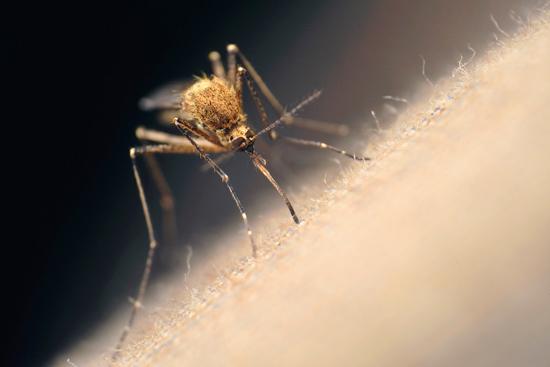Test results detected West Nile virus in mosquitoes from Yakima County for the first time this year. Health officials from the Department of Health are advising people to take action to avoid being bitten by mosquitoes and to reduce areas where mosquitoes can breed.
During last year’s mosquito season, 24 people in Washington were reported with West Nile virus disease and one person died as a result of their infection. Last year’s season represented the most cases reported since 2009. The majority of people infected with West Nile virus do not get sick. About one in five people will develop a fever or other symptoms that go away without getting medical treatment. However, for a small number of people, the disease can be very serious and lead to permanent neurologic effects or death. People over age 60 are at increased risk for severe disease; so are people with certain medical conditions, such as cancer, diabetes, hypertension, and kidney disease.
For over a decade, Washington State’s Departments of Health and Agriculture, local public health agencies, and mosquito control districts have been monitoring mosquitoes, birds, horses, and people to find out more about the spread of West Nile virus in our state. This long-term monitoring shows the virus is likely here to stay in south-central Washington.
West Nile virus activity varies from season to season, but the simple actions you can take to protect against mosquito bites and infection remain the same.
Reducing mosquito habitats and preventing mosquito bites are the best ways to avoid West Nile virus infection.
Prevent bites:
- Use an effective, EPA-registered insect repellent.
- Cover up. When the weather allows, wear long sleeves, long pants, and socks when outdoors.
- Avoid mosquitoes. Many mosquitoes, including the type that carry West Nile virus, bite between dusk and dawn. Be especially sure to use repellent and protective clothing.
Reduce the number of mosquitoes around your home by emptying standing water from flowerpots, gutters, buckets, pool covers, pet water dishes, discarded tires, and birdbaths on a regular basis.
While West Nile virus occurs across the U.S., other mosquito-borne diseases, such as chikungunya, dengue, and Zika are spread by mosquitoes not found in Washington. These diseases occur in more tropical climates, including some southeastern states, and in many places outside the U.S. Before traveling, learn about the risks of mosquito-borne disease at your destination, and be prepared to prevent mosquito bites. The Washington State Department of Health is tracking the Zika virus and has updated information on its Zika virus webpage.
The Department of Health website (doh.wa.gov) is your source for a healthy dose of information. Also, find us on Facebook and follow us on Twitter.



